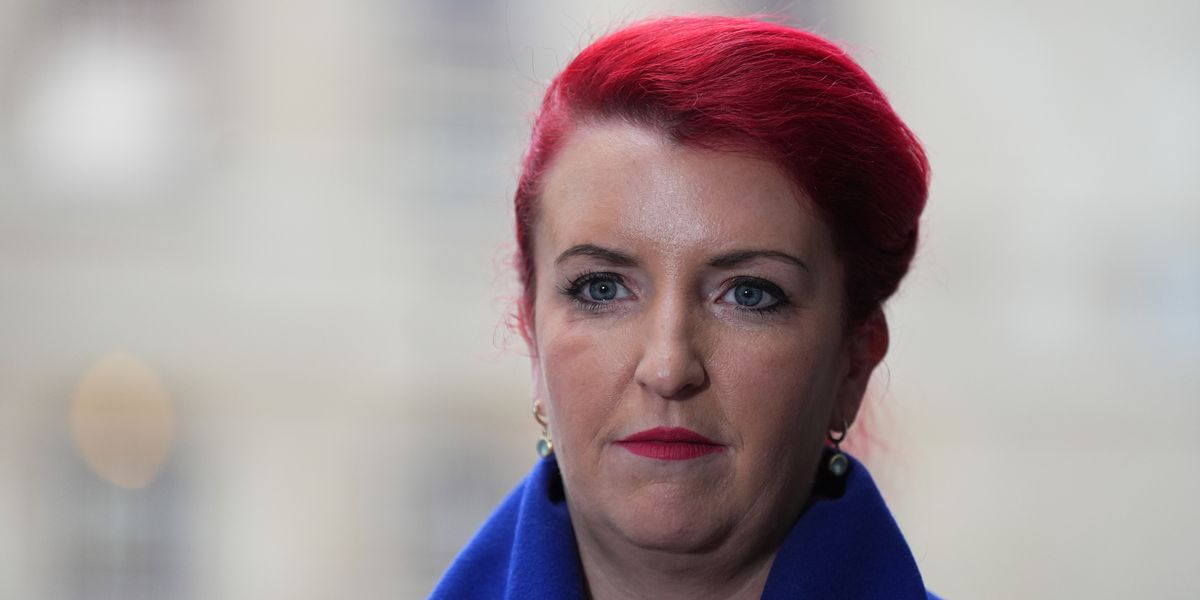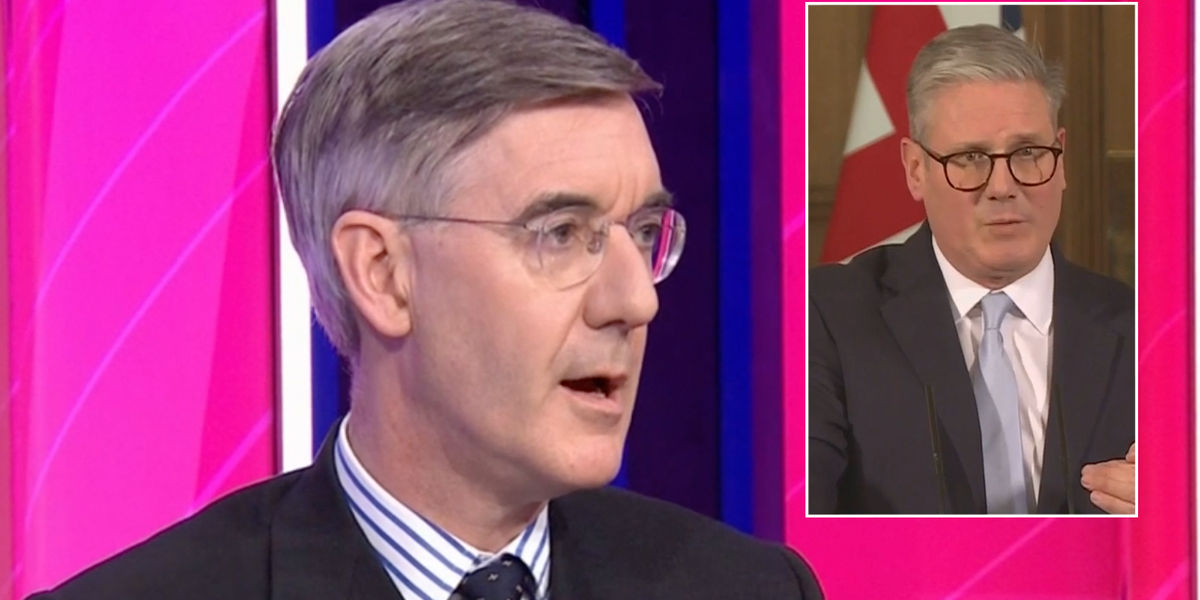Earlier this year, an acquaintance was encouraged to purchase an electric vehicle (EV) as his company car.
He chose a top-of-the-range BMW iX people-carrier with trimmings.
All went well until the expensive, fully charged EV – loaded with family – stopped dead on a busy suburban street.
Emergency services were called but no one could cajole the vehicle into starting. Eventually it was towed to the BMW dealer where it remained for two months as the mechanics, and diagnostic equipment, sought with great difficulty to trace and correct the fault.
The engineering meltdown of one of Germany’s most admired marques offers a metaphor for the rushed transformation in car making.
The global switch from the internal combustion engine to electric vehicles, sped up by climate change targets, is wreaking havoc for car making across Europe.
Crisis: Germany’s Luddite attitude to new tech and IT, an obsession with old-style manufacturing and a snail-like adjustment to greener energy (it is still burning coal) have left it in the slow lane
In Britain, an industry emerging from the manufacturing destruction of the last century again faces a fragile future.
After 120 years of building vehicles in Luton, Vauxhall is closing operations with more than 1,000 jobs at risk because it cannot make the economics of EVs work.
This comes hard on the heels of a similar decision by US-owned Ford, which is to wipe out 800 jobs.
There is now a big risk that Japan’s Nissan in Sunderland, which has enthusiastically embraced the EV revolution, may decide it can no longer meet challenging targets for battery production and going electric.
Germany, as Europe’s key economy, faces the biggest obstacles. For the last several decades, Britain and much of the rest of the world has bought into the narrative of Germany as the engineering powerhouse of the world.
The finest mechanical experts and a supply chain embedded in the often family-owned Mittelstand – small and medium manufacturing firms – created an unmatched reputation for reliability.
Whether it is cars, white goods, water filters or industrial equipment, we put our trust in German engineering.
A combination of careful fiscal policy, sound money, manufacturing skills and political stability offered an idealised model for Western democracies.
The breakdown of BMW, however, is more than just an unfortunate anecdote. It is emblematic of a broken economic model, as described by the German writer Wolfgang Munchau in his new book Kaput: The End Of The German Miracle.
The country’s Luddite attitude to new tech and IT, an obsession with old-style manufacturing and a snail-like adjustment to greener energy (it is still burning coal) have left the Germany in the slow lane.
Even the UK’s much disparaged low-growth economy is expanding faster than what was Europe’s locomotive. As if this were not bad enough, the political situation is dire.
While the world’s eyes were focused on Washington and the US election result on November 5, the German government, headed by enfeebled Social Democrat Chancellor Olaf Scholz, was collapsing.
The immediate trigger was a recherche dispute over the breach of a debt limit, but the tensions run deep. The consequence is months of political and fiscal uncertainty.
A confidence vote is scheduled for December 16 and a general election is likely on February 16. The Right-wing Alternativ fur Deutschland (AfD) is among the parties hovering in the wings.
Germany’s post-War economic rebirth needs a makeover. It is the world’s fourth-largest economy and scores highly on global indexes for good living standards, healthcare and education.
At a moment when other Western nations are drowning in excessive borrowing, the country’s level of debt to national output stands at modest 62.9 per cent.
That makes German bunds, the equivalent of UK gilts, a gold standard against which other Western bonds are measured.
Yet the real economy of output and jobs is misfiring badly. The country doubled down on manufacturing and car making while much of the rest of the world has focused on tech, digital and service industries.
Some 26 per cent of output in Germany is generated by making things – especially cars.
German vehicle output focused on high-value, beautifully engineered, fossil-fuelled vehicles while global commerce was moving on. Elon Musk’s Tesla paved the way for new generation, electronically controlled EVs at premium prices.
China, among the biggest markets for German cars, got the message and embarked on mass production of EVs at cheaper prices.
This placed the German motor industry under enormous strain.

Hitting the skids: German’s social Democrat Chancellor Olaf Scholz visits the BMW Group plant in Munich
Production there peaked at 6m vehicles in 2012 as the nation’s economy showed resilience after the great financial crisis.
Since then, it has been in decline with production hovering around the 4m mark.
Nothing demonstrates the competitive challenge more than Volkswagen, the market leader in Europe every year since 2005.
The company has the highest labour costs of any car company in the world. It has cancelled wage agreements and wants to push through pay cuts. The company says surging factory costs are 25 per cent to 50 per cent higher than competitors.
Faced with the EV and pricing challenges, Scholz has erected trade barriers against China, which for decades has been its biggest export market.
Unlike other Western economies, Germany avoided much of the asset price bubble of the great financial crisis.
It enjoyed a golden period of expansion until 2018. Since then, however, industrial production has stagnated and car production declined. As a consequence, Germany has underperformed almost all its European rivals – including Britain.
The International Monetary Fund expects Germany to flirt with recession this year with output declining by 0.2 per cent.
The Fund slashed its prediction for 2025 from a paltry 1.3 per cent to just 0.8 per cent. There will be downward pressure on living standards and jobs.
Munchau, in his takedown of the German miracle, blames it on a technophobia in a country where 80 per cent of firms still communicate by fax.
The country’s great tech hope, fintech group Wirecard, ended in disaster when it collapsed into bankruptcy in 2020 after discovery of a massive fraud.
The war in Ukraine delivered a devastating blow to the country’s energy security.
Former chancellor Angela Merkel had ordered the closure of all nuclear plants following Japan’s Fukushima nuclear disaster in 2011.
This made the country ever more dependent on now-embargoed Russian gas. It is still heavily reliant on fossil fuels, with 30pc of production coming from burning coal.
Britain’s last coal-fired station was closed in September of this year.
The pandemic, Russia’s war on Ukraine and the green revolution in motoring has devastated Germany’s economic model.
The country has been savaged by dependence on an antique banking system, distrust of technology, lagging creative industries, energy dependence on Russia and deep trade relations with China.
Moreover, it is haunted by economic orthodoxies rooted in historic fears of any repeat of the horrendous inflation of the Weimar Republic.
All of this has given political hope to veteran opposition leader Friedrich Merz, 69, of the Christian Democratic Union (CDU).
He has spent much of the last decade polishing his new economic credentials as chairman of the supervisory board of world leading asset manager BlackRock.
His avowed goal is to deploy his free market skills to make the German economy competitive again. It is a formidable challenge.
- Kaput: The End Of The German Miracle by Wolfgang Munchau (Swift £20, pp256).
DIY INVESTING PLATFORMS

AJ Bell

AJ Bell
Easy investing and ready-made portfolios

Hargreaves Lansdown

Hargreaves Lansdown
Free fund dealing and investment ideas

interactive investor

interactive investor
Flat-fee investing from £4.99 per month

Saxo

Saxo
Get £200 back in trading fees
Trading 212
Trading 212
Free dealing and no account fee
Affiliate links: If you take out a product This is Money may earn a commission. These deals are chosen by our editorial team, as we think they are worth highlighting. This does not affect our editorial independence.
Compare the best investing account for you
Some links in this article may be affiliate links. If you click on them we may earn a small commission. That helps us fund This Is Money, and keep it free to use. We do not write articles to promote products. We do not allow any commercial relationship to affect our editorial independence.











